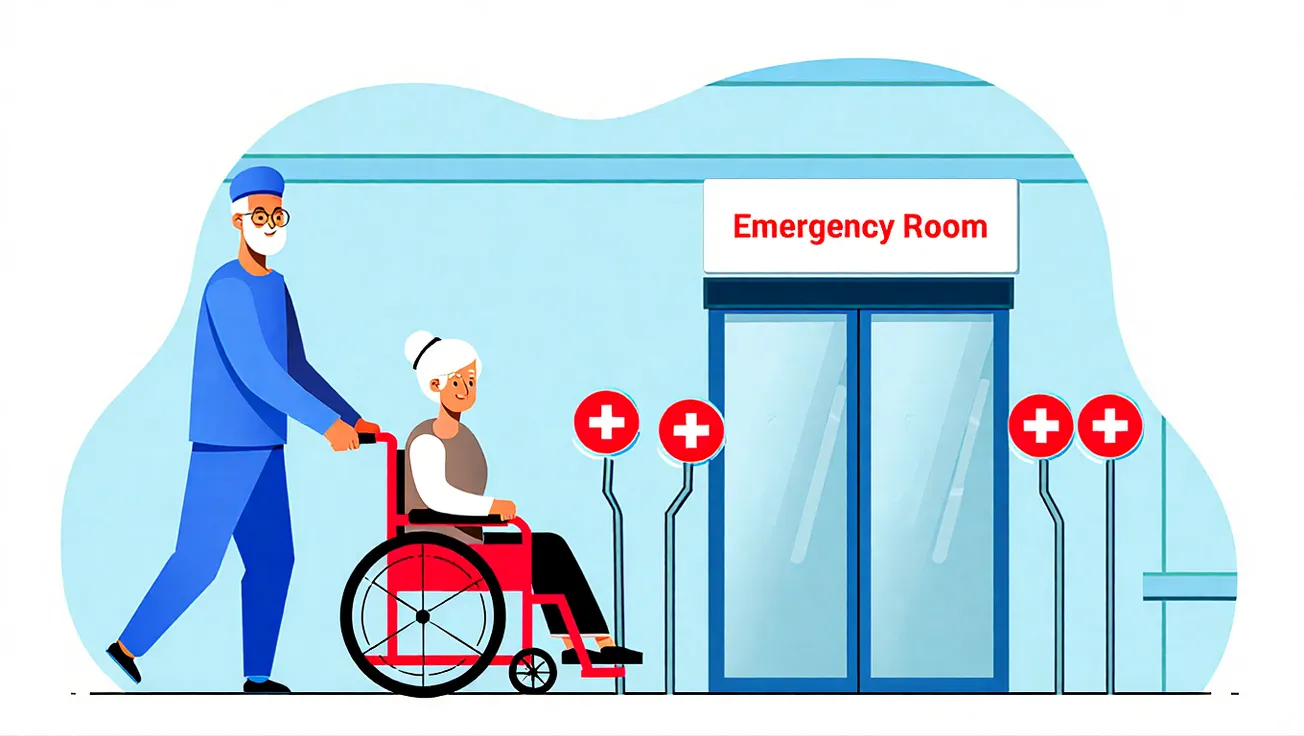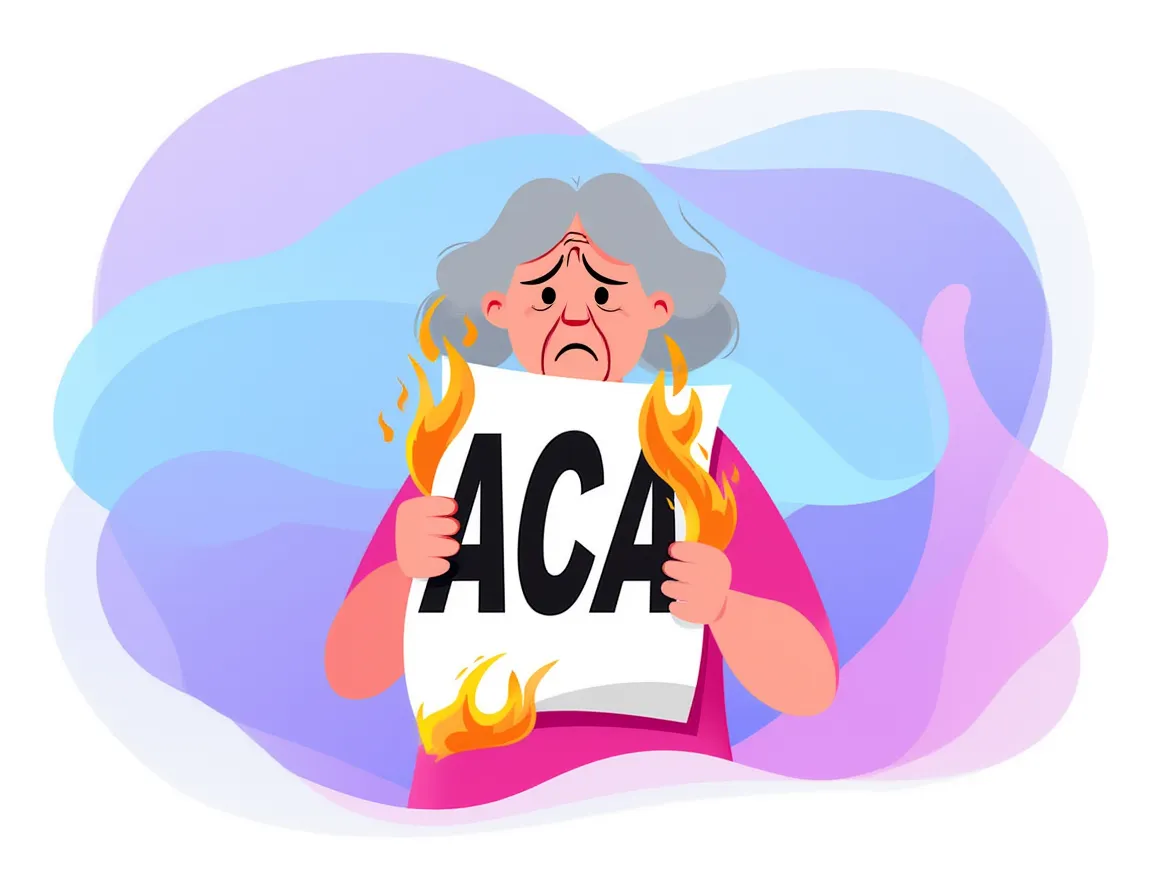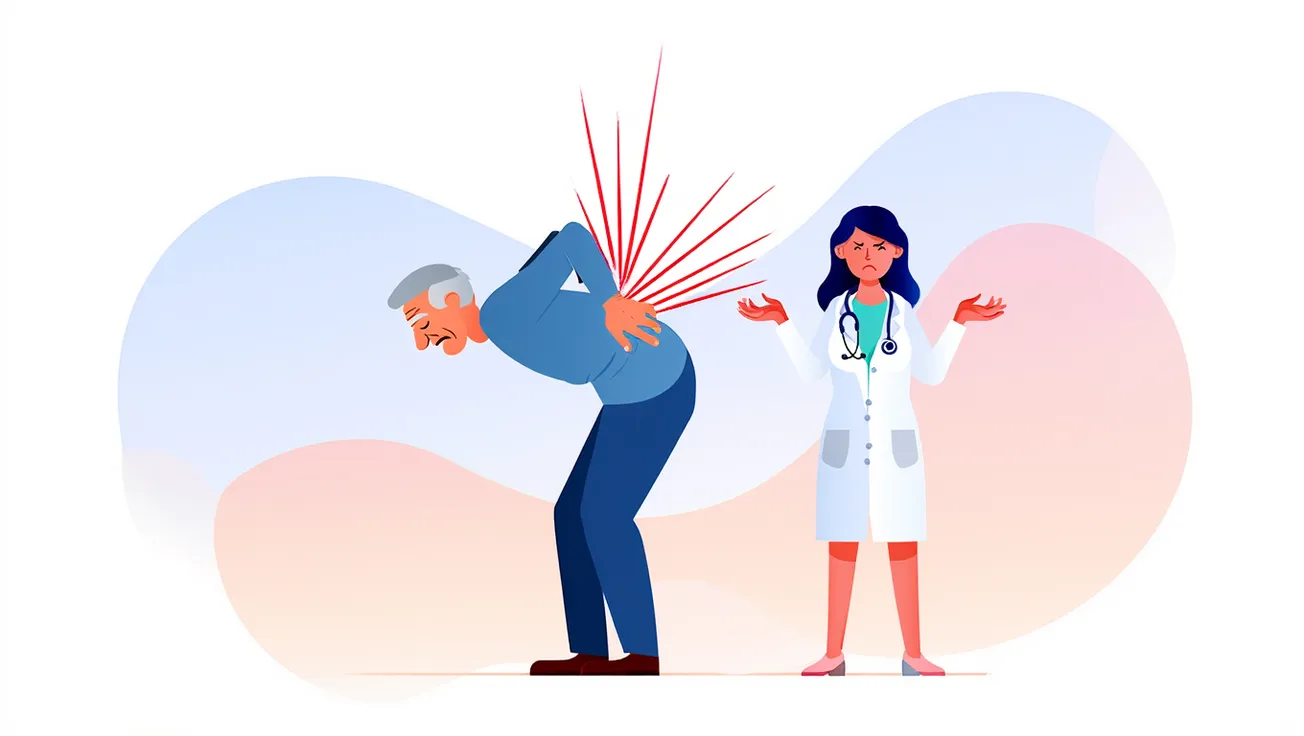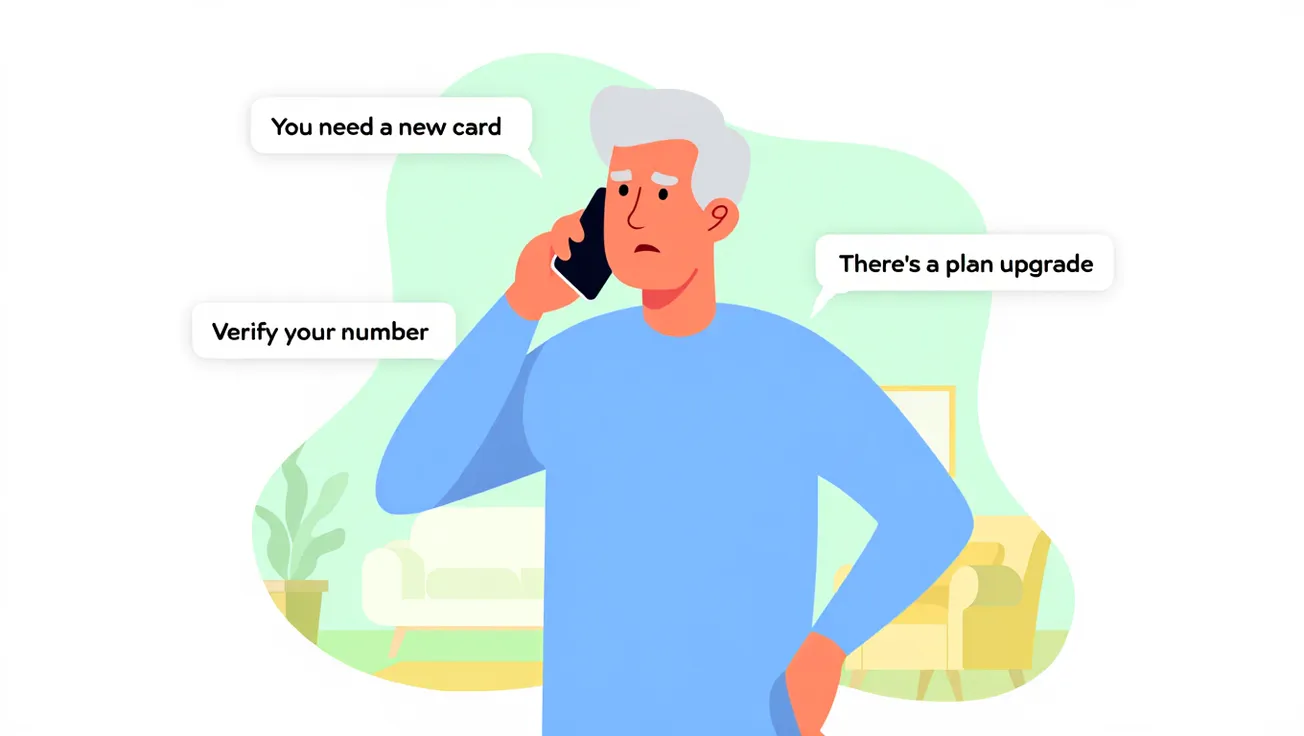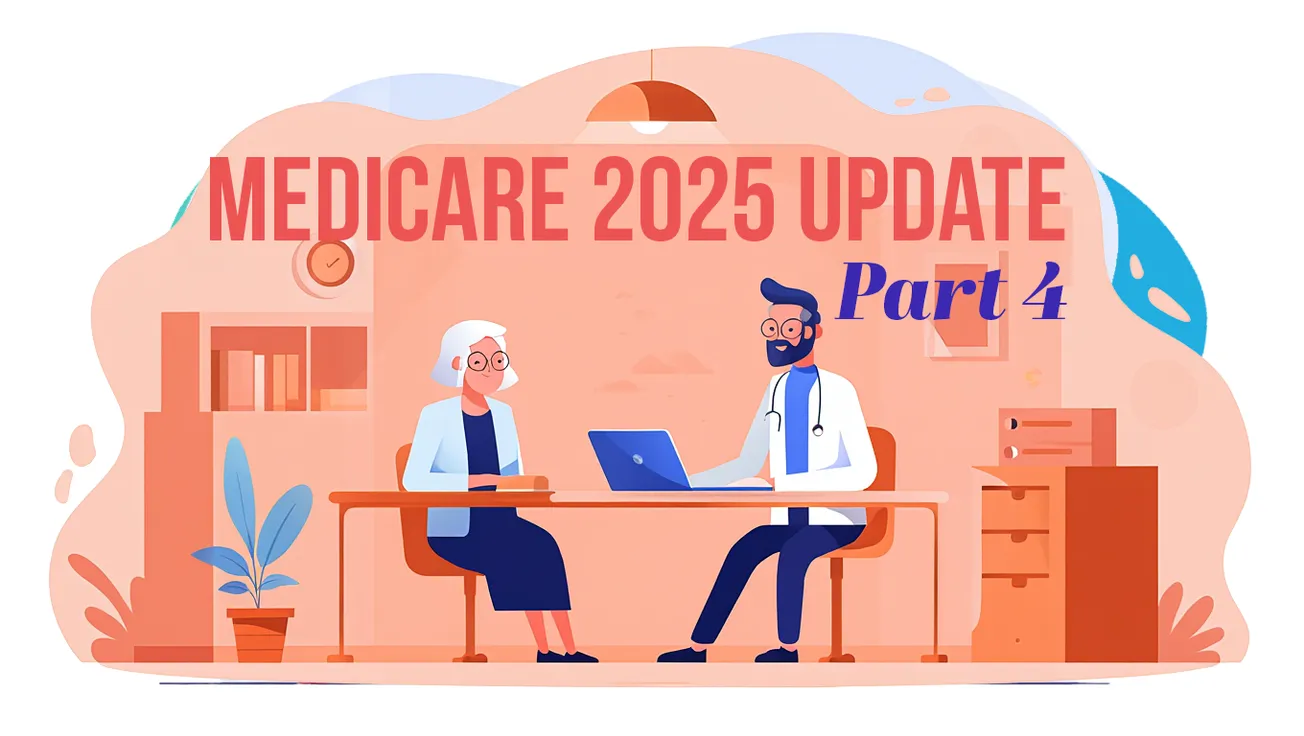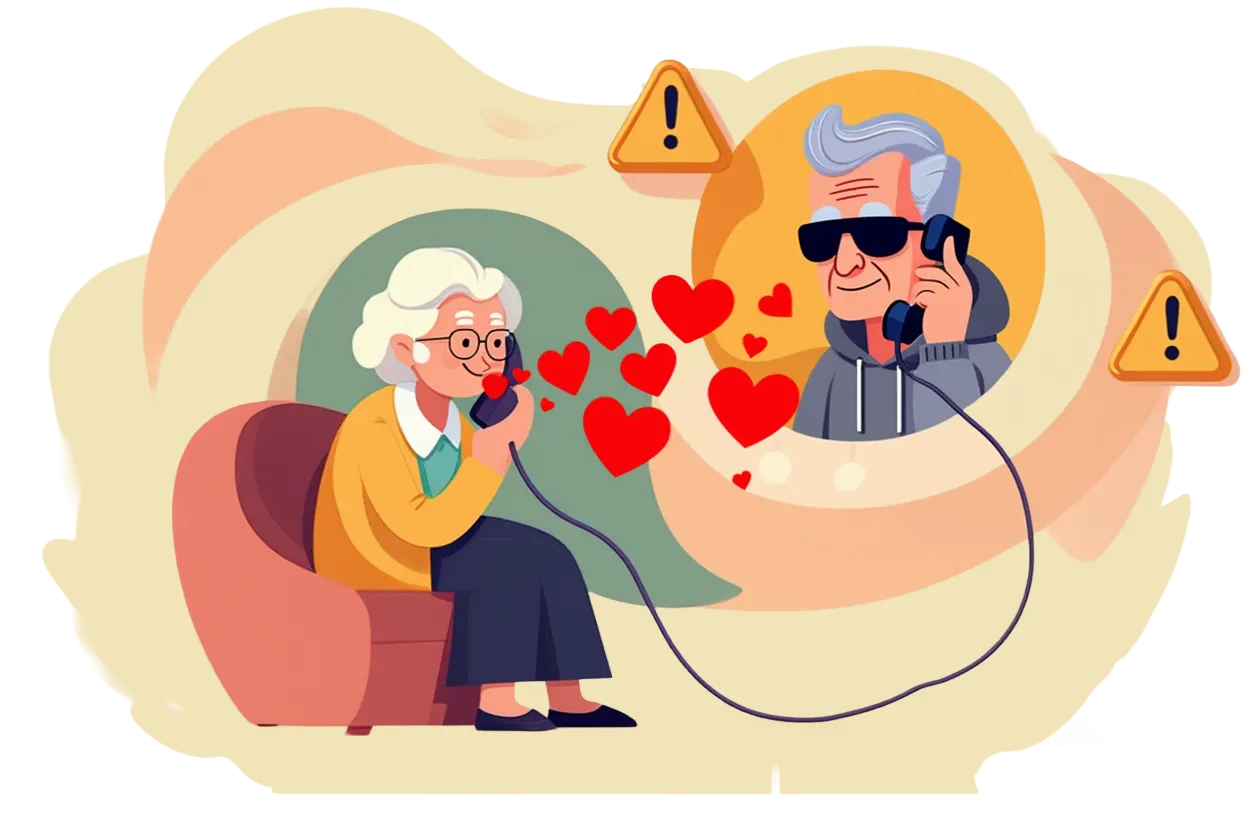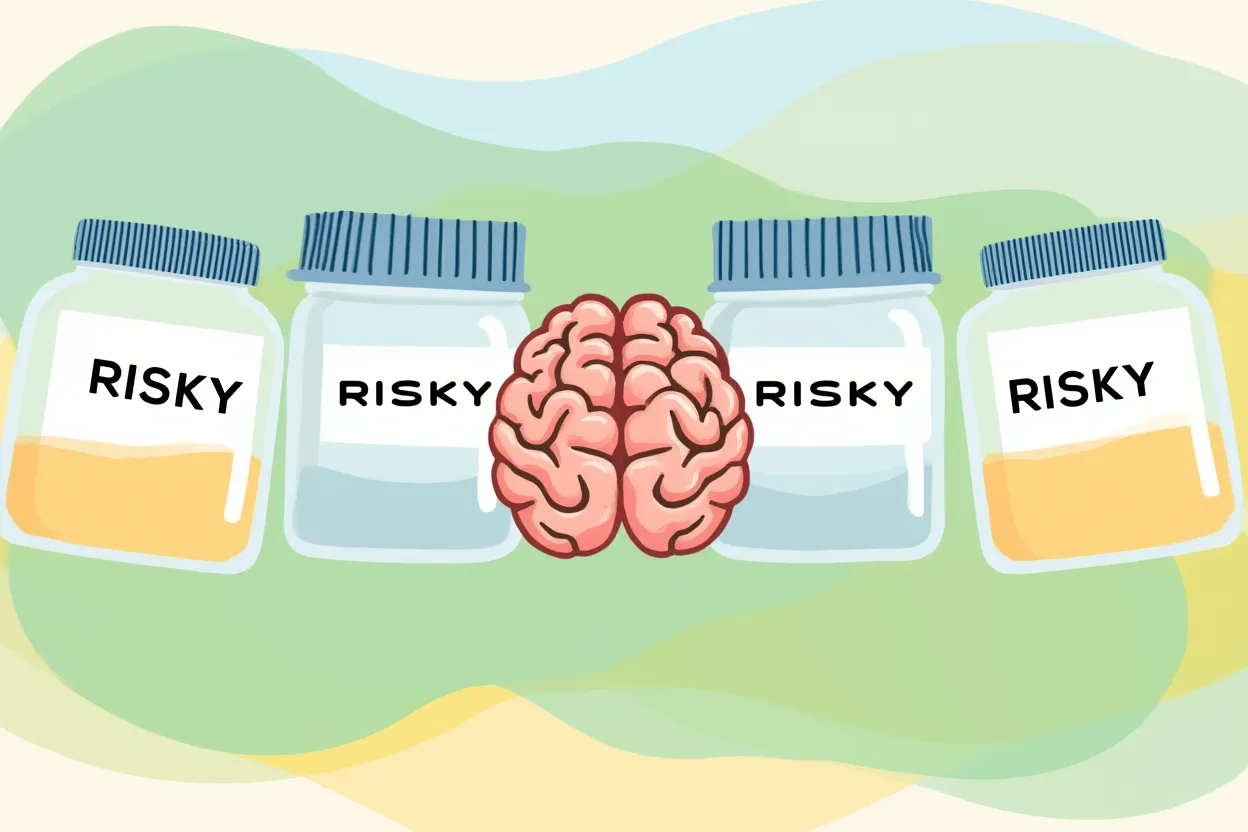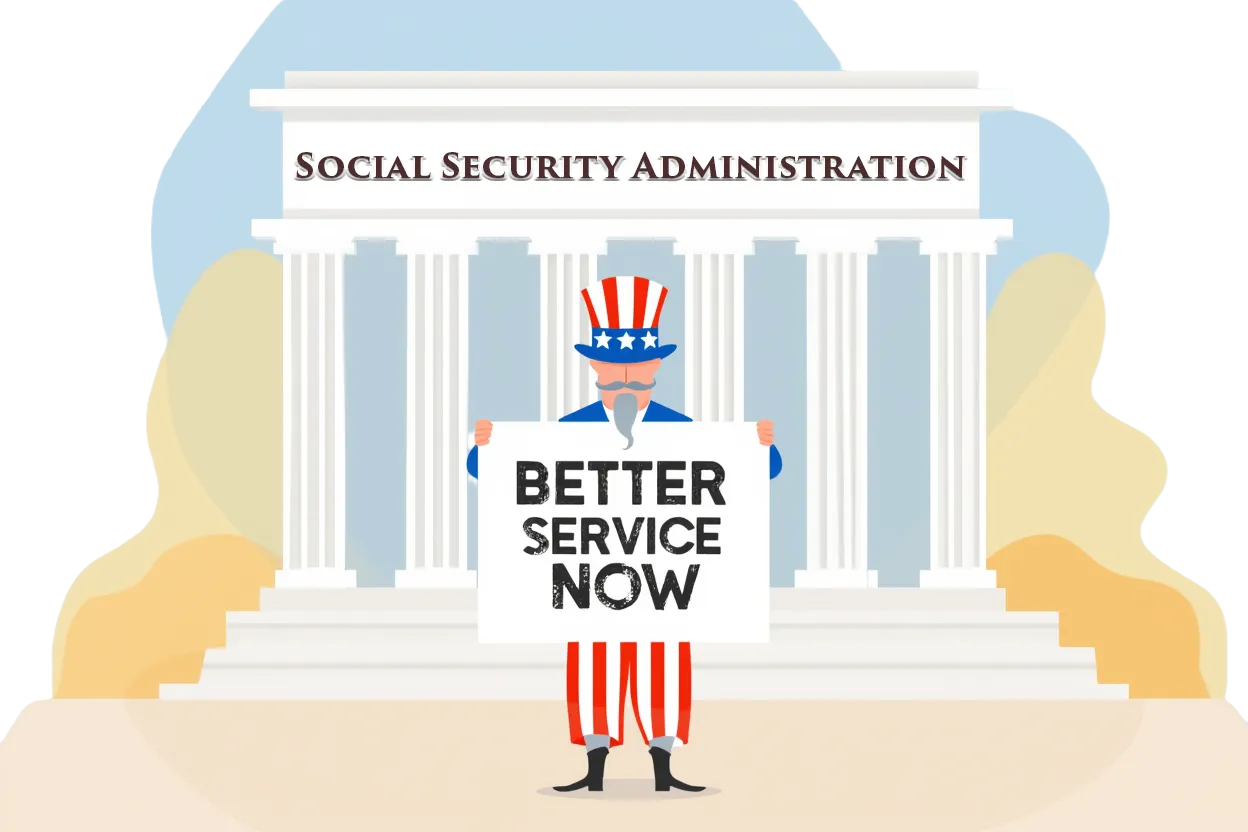The Takeaway
- A federal law called EMTALA requires hospitals to treat and stabilize anyone with an emergency, regardless of insurance or ability to pay.
- Hospitals can’t legally transfer or discharge you until your condition is stable.
- The law covers everyone — citizens, immigrants, visitors, and undocumented individuals.
- EMTALA doesn’t make care free — you can still get a bill for treatment and related services.
- If you’re turned away or delayed, you can file a complaint with the Centers for Medicare & Medicaid Services (CMS).
Believe it or Not
In today’s swirl of confusion over what’s real and what’s political theater, it’s getting harder to know what to believe — especially when it comes to health care. Medicare, Medicaid, private insurance… it’s enough to make even seasoned policymakers scratch their heads.
One of the biggest questions is who actually qualifies for what — and what happens if you don’t.
Recently, Smart Senior Daily revisited a little-known but very real federal law that cuts through the noise. It guarantees that hospitals must provide emergency, life-saving care to anyone who needs it — no matter who they are, where they’re from, or whether they can pay a dime. Black or white, young or old, rich or poor, born in Wausau, Wisconsin or Warsaw, Poland — it doesn’t matter.
The law is called the Emergency Medical Treatment and Labor Act, or EMTALA. It’s been on the books since 1986, signed during the Reagan administration. And at a time when health care policy seems to change by the headline, it’s one law worth knowing — because it still protects every one of us.
What the Law Says
The Emergency Medical Treatment and Labor Act (EMTALA) — pronounced em-TAH-lah — was passed after reports that hospitals were turning away patients who couldn’t pay.
Under EMTALA, any hospital that accepts Medicare payments (and that’s nearly all of them) must:
- Provide a medical screening exam to anyone who comes to the ER and asks for care, and
- Stabilize or transfer the patient safely if an emergency condition exists.
This protection applies to everyone — regardless of insurance, age, citizenship, or ability to pay.
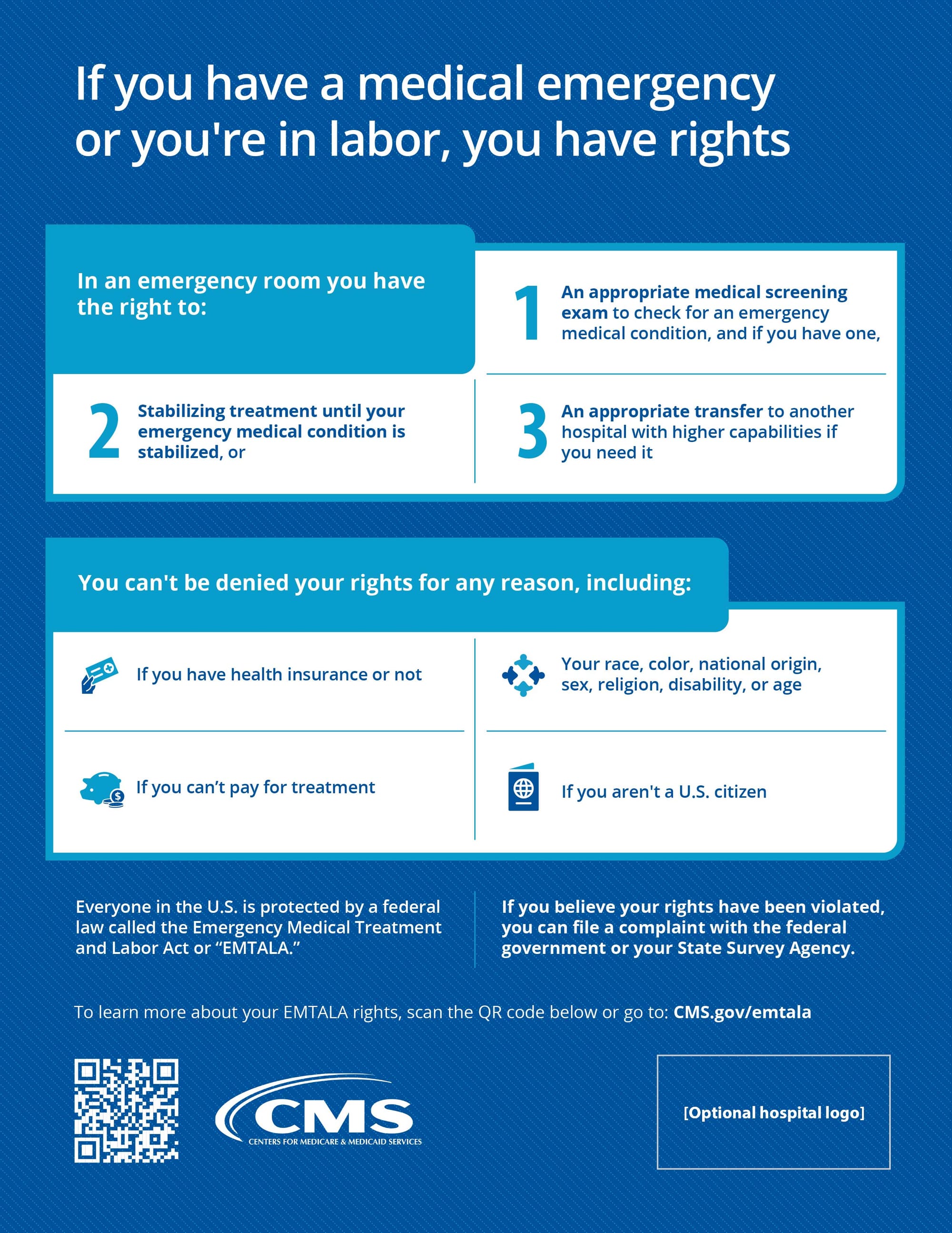
What About Immigrants and EMTALA?
This law doesn’t draw lines based on citizenship or immigration status. If someone walks into a U.S. hospital emergency room and needs stabilizing care, the hospital must treat them — whether they are a citizen, legal resident, tourist, or undocumented immigrant.
That doesn’t mean the care is free or that they qualify for Medicare or Medicaid. It simply means hospitals can’t refuse or delay emergency treatment because of who someone is or what paperwork they lack.
The law occasionally surfaces in political debate — including recent disputes between Donald Trump and Democratic leaders — but the fact remains: EMTALA has protected everyone for almost 40 years, under both parties. It’s one of the few pieces of healthcare law that unites the country’s moral and medical obligations.
What You Might Still Be Billed For
EMTALA guarantees treatment, not free care. Once you’re stabilized, the hospital can discharge or transfer you — and then send a bill. Typical charges may include:
- Emergency room evaluation and tests like lab work or imaging
- Physician and specialist fees (often billed separately)
- Ambulance services, which can cost hundreds or more
- Observation or inpatient care after stabilization
If you don’t have insurance, hospitals must make their charity care or financial assistance policies available — but you’ll likely have to ask for them.
Always request an itemized bill and question any charges that seem unrelated to the emergency care you received.
When Hospitals Cross the Line
Most hospitals comply with EMTALA, but not all. The Office of Inspector General has documented cases where patients with chest pain, labor contractions, or mental health crises were improperly refused care.
If that ever happens to you or someone you know, file a complaint with your state’s CMS regional office. Contact information is available on CMS.gov’s EMTALA page.
Why It Matters to Seniors
For older adults, emergencies don’t wait for insurance cards or pre-approvals. Knowing EMTALA means knowing that you will be treated first — not asked for your policy number or credit card while you’re in pain.
It’s one of those rare laws that quietly protects everyone, every day.
Disclaimer: This article is for informational purposes only and is not a substitute for professional legal or medical advice. For specific concerns about emergency treatment or patient rights, consult an attorney or qualified health professional.


